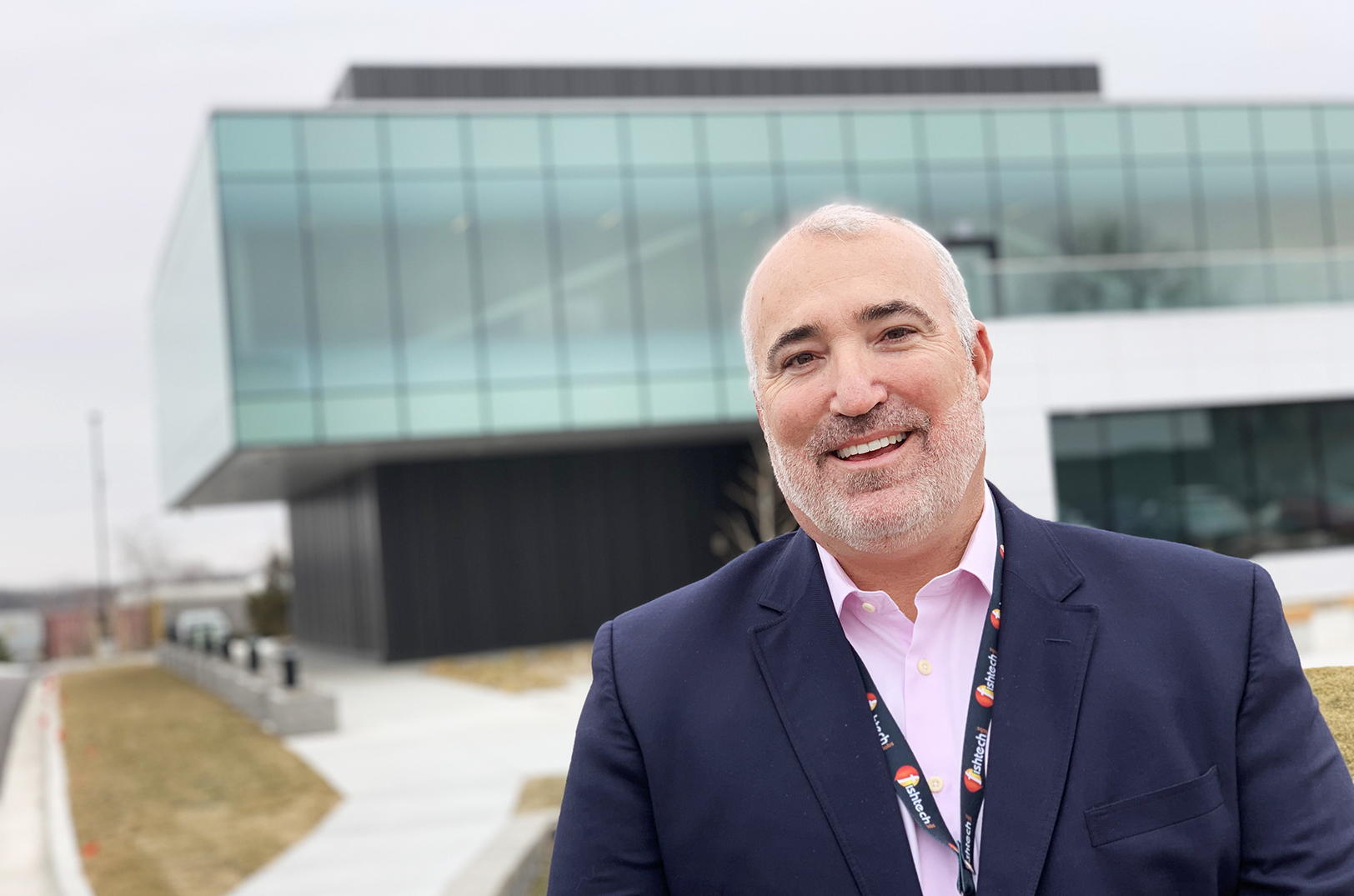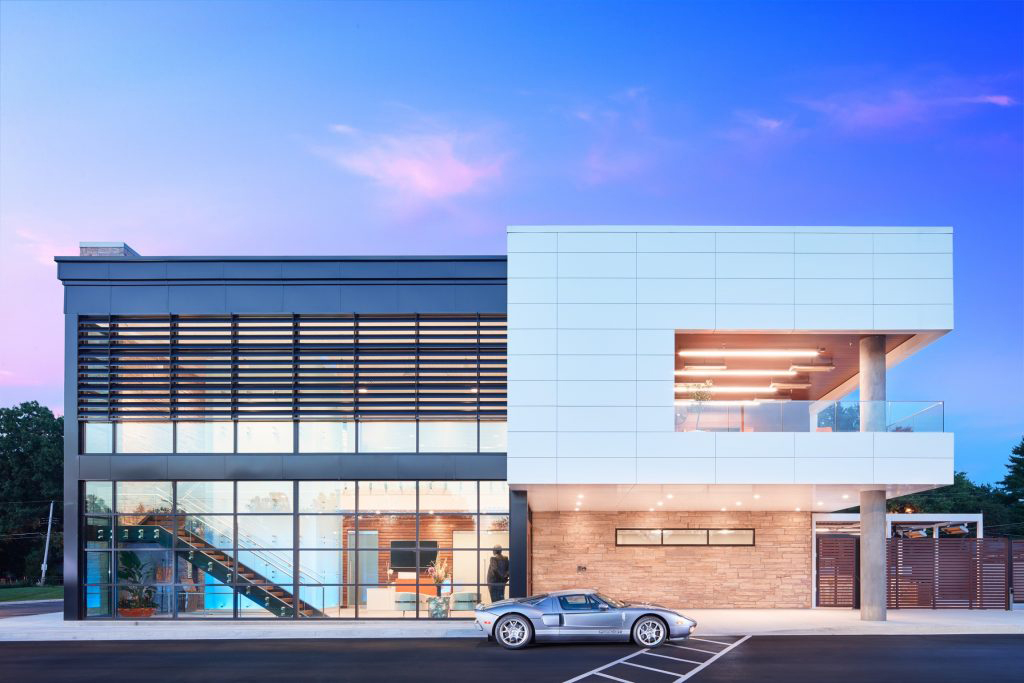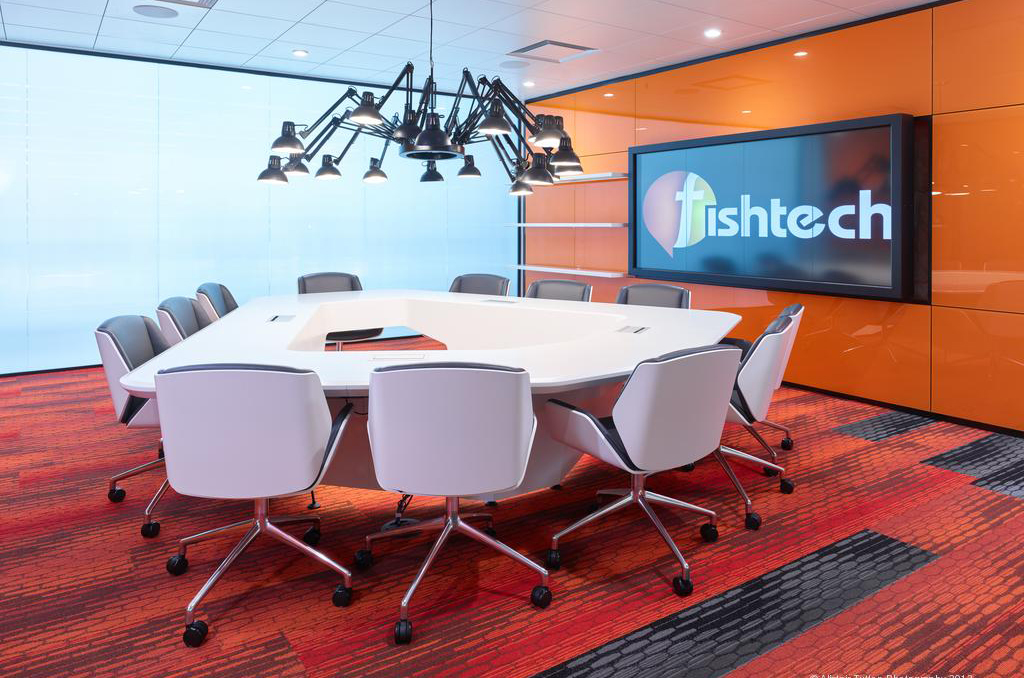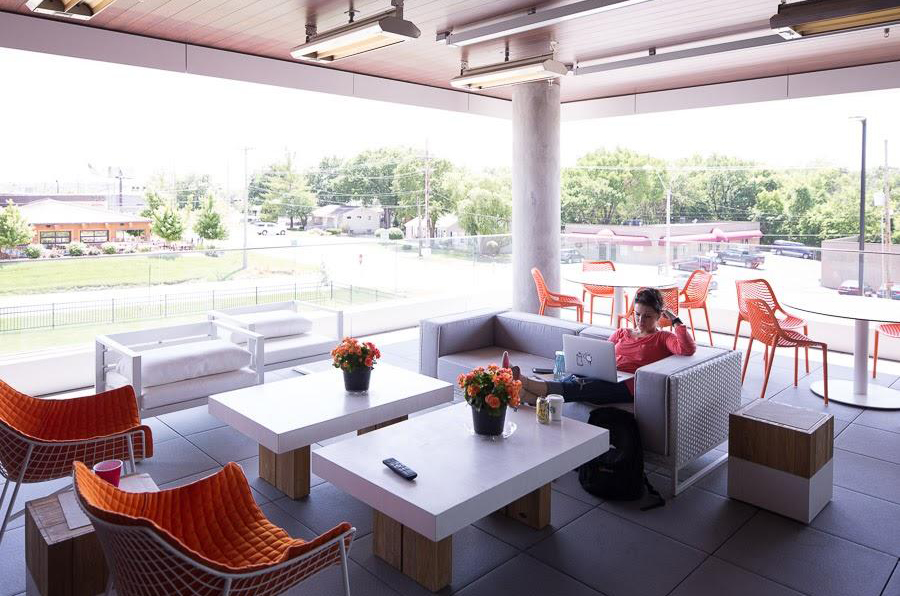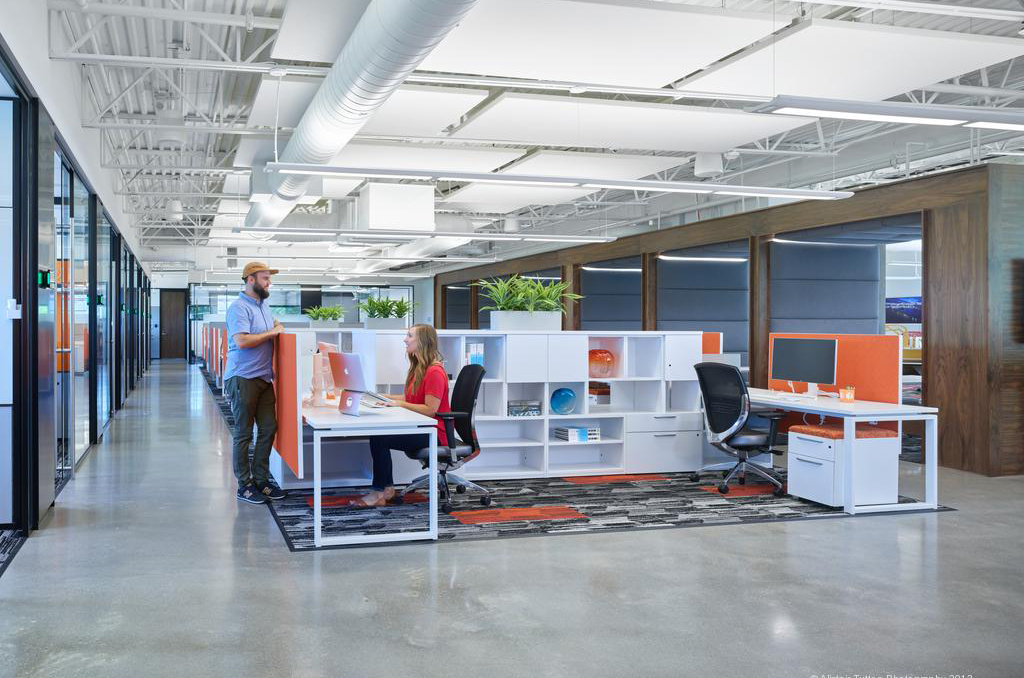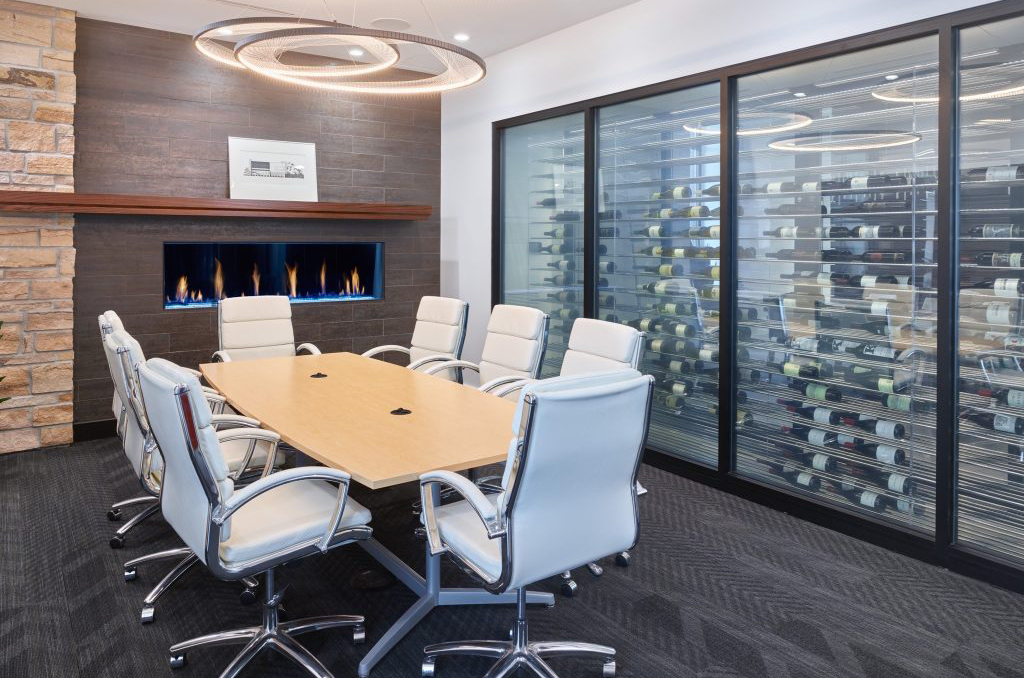On track to reach $100 million in annual revenue by 2020, it’s full steam ahead for the cyber security freight train Fishtech Group, said serial entrepreneur Gary Fish.
“It took me about 14 years to get [to $100 million] in my first company,” explained Fish, founder and CEO of the three-year-old, Martin City-based, data-driven security firm.
No stranger to growth — having previously led FishNet Security and FireMon LLC to near $1 billion dollar exits — a combination of experience, grit, and timing has positioned Fishtech to achieve such milestones of success a decade earlier than Fish’s previous operations, the startup veteran said.
“We always joke that we have an unfair advantage because we’ve done this before and there’s that confidence there. It’s in the same field. So, we didn’t really start over. We just picked up where we left off is the way I look at it,” Fish said, noting that he walked into the startup with cash to burn.
Click here to learn more about Fishtech.
Revitalizing a community while scaling a startup, Fish said building his Martin City cyber security campus — which now boasts three buildings that represent $21 million in company infrastructure investments — is an unexpected benefit of his past success.
“We’ve got all the tools, the facilities, the right people, and we’re in this industry that has unlimited potential,” he said. “So, I look at this, and it’s a no brainer to make this thing grow by leaps and bounds.”
Property values in the Martin City neighborhood have risen four-times since Fishtech’s new Cyber Defense Center opened its doors to employees, Fish said.
Protected by top talent
With a track record of success also comes hiring advantages, Fish said. The company earlier this month hired Kerry Kilker, former Walmart global chief information security officer, to fill a similar role as Fishtech’s executive vice president and chief information security officer.
“It felt like a great opportunity because after you leave a Fortune One company, you start talking to other big corporations. It’s not very attractive. So, what do you do? I wasn’t ready to retire, so we started talking and it was a great opportunity. … It’s new, it’s innovative, it’s different,” Kilker said of trading his corporate experience for a new adventure in the startup space.
Fresh from Walmart, the new executive is expected to lead the Fishtech Innovation Center in Northwest Arkansas, which aims to bring more cyber security resources to a region long-dominated by the retail giant, Fish said.
Kilker also joins the Fishtech team as final preparations are made to fully launch the firm’s SOC — security operations center — in the newly opened Cyber Defense Center, Fish explained from the facility’s cloud gallery — a space that overlooks the secure area, designed to show visiting clients how they’re being protected around the clock.
“We use artificial intelligence and machine learning,” he said. “When we see a threat, then we can respond, call a customer and go, ‘Hey, here’s what’s going on, here’s what we’ve gotta do to mitigate it.’”
A culture of staying ahead
A 24-hour facility designed to feel like a home away from home for Fishtech employees, the Cyber Defense Center is also outfitted with showers and stocked with freshly prepared paleo meals and Starbucks coffee, Fish said, highlighting the importance of creating a culture that empowers employees to love what they do.
For Fish, creating the right atmosphere is everything.
Click here to see more images of Fishtech’s “Coolest Office” concept.
Keep reading below the photo gallery.
“What it does for us as a company — when you bring a large corporation here — you automatically have instant credibility. It’s not just three guys in the back room writing code,” he said of the sprawling security site.
Reflecting on the success of Fishtech, Fish noted the cyber security space has changed dramatically since he launched his first venture in 1996, but it’s an industry that will long maintain its relevance.
“Always believe that everybody out there is trying to stay ahead of you … So you’ve got to have the sense urgency to stay ahead of them. You can’t get complacent when you have this fast-moving culture, you know? [One that] kind of always feels like a startup culture. And if you get too complacent, then your competitors are going to out lap you,” he said.



